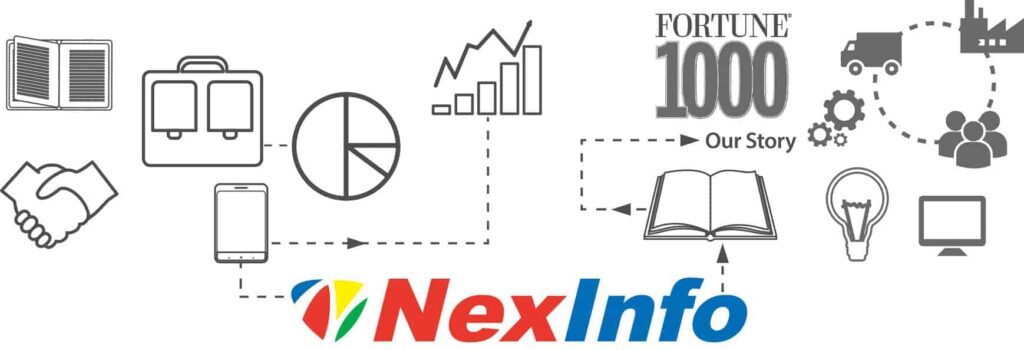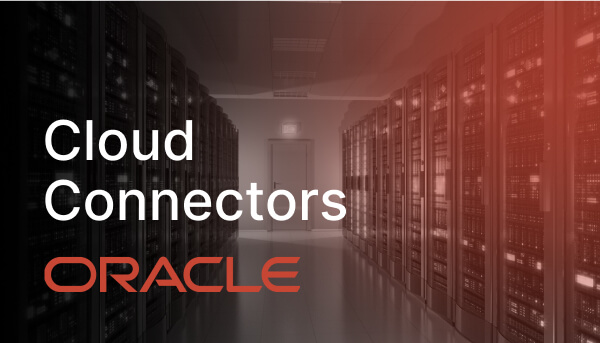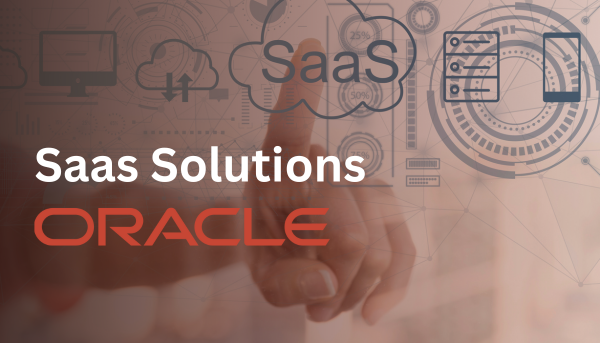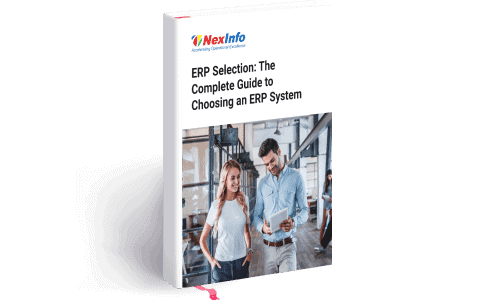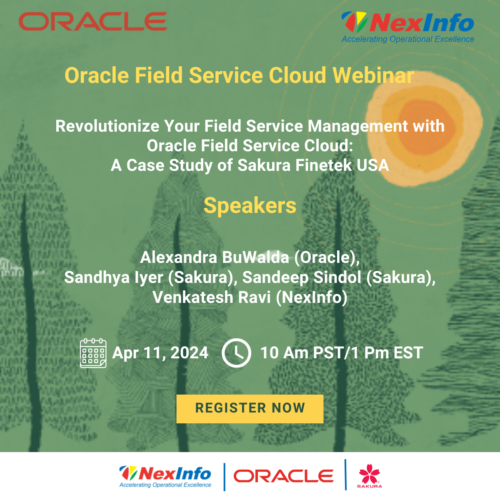
There are many reasons why businesses implement enterprise resource planning (ERP) software solutions.
For example, some may help to consolidate the management of crucial business processes into a single source. In contrast, others may want a more detailed view of the performance of their supply chain operations.
However, most businesses that are considering different ERP systems fall into one of a few broad categories:
- Medium-sized enterprises that have outgrown their small business tools and systems
- Larger enterprises that have grown by acquisition and need to consolidate disparate systems
- Any business that has a complex IT system landscape and needs to migrate to a single source of truth
Whatever the case, a business evaluating ERP vendors will encounter the “big three” players in the ERP space: SAP, Oracle, and Microsoft. Each vendor’s offerings have its strengths, limitations, and target markets.
SAP vs. Oracle Fusion Cloud ERP vs. Microsoft Dynamics
In comparing the ERP offerings of Microsoft vs. SAP vs. Oracle, which is better? It depends on several factors, including:
- Your Legacy
- Your industry
- What you need from an ERP system
- Your future roadmap plans
- Your current requirements, and
- The money and effort you’re willing to invest
This article compares Microsoft vs. Oracle Fusion Cloud ERP Implementation vs. SAP, their pros and cons, the businesses they serve, and their relative costs.
Microsoft Dynamics ERP

The Microsoft Dynamics brand is not a single ERP but an umbrella brand for various ERP systems. Microsoft developed these ERP systems and marketed them separately for several years.
In a recent development, Microsoft rebranded its Dynamics ERP suite to Microsoft Dynamics 365, and each system in the suite has a distinct focus:
- Microsoft Dynamics 365 Finance and Microsoft Dynamics 365 Supply Chain Management (formerly Dynamics AX): These two applications focus on financial management and end-to-end supply chain operations. They can be deployed separately or together as an integrated system.
- Microsoft Dynamics 365 Business Central (formerly Dynamics NAV): This basic ERP for small- and medium-sized businesses (SMBs) includes modules for finance, operations, sales, and marketing.
- Microsoft Dynamics GP: More comprehensive than Microsoft Dynamics 365 Business Central, this ERP includes modules that handle inventory management, human resources, business intelligence, and reporting.
All ERP choices in the Microsoft Dynamics suite are available as on-premise implementations, cloud solutions, or hybrid deployments, with the exact mix depending on specific customer needs.
Pros:
Microsoft Dynamics ERP systems have consistent, intuitive point-and-click user interfaces as part of their application suite. They should be familiar to users of other Microsoft products. Although users may require some training on using these applications for day-to-day operations, they don’t have to learn new user interface conventions and terminology.
Cons:
Enterprises with complex or extended business processes may find the Microsoft Dynamics ERP products are not complete solutions without extensive customizations or complex integrations with existing systems. Those considering Microsoft Dynamics must factor these elements into the deployment cost.
Costs:
Microsoft Dynamics ERP products carry a lower price tag for licensing than either SAP or Oracle but can take longer to implement. Longer implementation cycles raise startup costs, and as mentioned above, customizations and integrations can further increase this cost.
Microsoft Dynamics ERP solutions are a good choice for SMBs that have straightforward business processes and a need for a system whose capabilities extend beyond their current tools.
| Interested in learning more? Check out these blogs: SAP ECC and Your Business How to Benefit from Oracle Cloud EBS The Importance of Business Process Assessments |
SAP ERP

SAP was one of the first ERP systems launched in the early 1970s. Thus, its developers have had a long time to refine the advanced ERP functionalities required by large enterprises.
Various large multinational companies are SAP customers. These businesses can use SAP’s built-in capability to manage multiple sites, factories, warehouses, and distribution centers to conduct business in numerous languages and national currencies.
Like Microsoft Dynamics, SAP also supports on-premise, cloud-based, and hybrid implementations.
Pros: SAP has numerous modules and can easily support simple and complex business processes, including:
- Accounting
- Supply chain
- Manufacturing
- Sales order management
- Warehouse management
- Fulfillment
- Production planning
- Quality management
These are just a few of the various SAP business capabilities. Clients can implement as many as they need, all in one integrated solution.
Cons: SAP is challenging because it relies on “transaction codes” to access various software functions. Although this has improved with the latest version, S4, SAP is still highly complex software that requires extensive training for users to become proficient.
Costs: SAP licensing costs are higher than other ERP solutions, and the software requires extensive testing before deployment. The software has a complete suite of functions, so many implementations will not need as much customization. However, the configuration can be time-consuming and complex.
Bottom line: SAP is a good choice for large enterprises or for medium-sized companies with complex business processes, lofty aspirations, or both.
Oracle Cloud ERP

Founded in 1977, Oracle Corporation has been in business for almost as long as SAP. It began as a relational database management software developer and eventually used its technology as the basis for the ERP solutions it introduced later.
Oracle Fusion Cloud ERP is part of the company’s E-Business Suite, which consists of numerous applications for various business processes. Oracle EBS offers on-premise solutions, while Oracle Cloud ERP provides multiple cloud applications.
For many larger organizations, the choice of ERP vendor comes down to Oracle Cloud ERP vs. SAP. Oracle and SAP together command a majority of the large-enterprise ERP market. But Oracle Fusion Cloud ERP isn’t just for large enterprises. Many smaller companies in niche markets have implemented Oracle Cloud ERP as well.
Pros:
Oracle Fusion Cloud ERP gets high marks for its flexibility and wide range of narrow-focus components, making it a favorite in niche markets. This flexibility means that most customers can implement only the functionalities they need to avoid deploying unused, sprawling modules. This option represents a clear advantage for Oracle vs. SAP and Microsoft Dynamics.
Cons:
The flip side of the component catalog is that the choices can be bewildering. Sometimes, it’s unclear which ones a particular business needs. A good implementation partner with a deep knowledge of Oracle Cloud ERP products can guide you to the right product mix.
Costs:
Oracle Cloud ERP can be reasonably priced to implement, depending on the number of components and the complexity of your business environment. A well-designed and well-implemented Oracle Cloud ERP solution will deliver rock-solid functionality and performance.
Most Oracle Fusion Cloud ERP customers are quite satisfied with the systems they ended up with and are committed to using and expanding their Oracle Cloud ERP systems. Oracle Cloud ERP is a good choice for medium- to large-sized organizations needing high flexibility and functionality to support their business processes.
NexInfo is Your Reliable ERP Implementation PartnerPartner with us and benefit from over 23+ years of ERP consulting experience. Learn More |
Selecting a Oracle Cloud ERP Solution
One of the most significant decisions a growing business will make is the tools it will use to get to the next level. For most enterprises, this means selecting the right ERP system.
Choosing an ERP system that aligns with your long-term business goals is crucial, as switching is costly.
Some things to keep in mind when evaluating ERP vendors, including Microsoft Dynamics vs. SAP ERP vs. Oracle Cloud ERP include:
- Understanding your current and future needs.
- Check if ERP software best practices can optimize non-standard processes before considering customization
- Look at each vendor’s cloud offerings and determine the best mix of on-premise and cloud components for your business.
- Don’t overlook reporting. All ERP systems are good at gathering data, but they best provide meaningful reports for making informed tactical and strategic decisions.
Regardless of the ERP system you select, choose a reliable implementation partner. ERP implementation is not a do-it-yourself project. It requires detailed expertise in the product and how to set it up and optimize it.
Your Experienced ERP Partner
The question of Microsoft vs. SAP vs. Oracle Cloud ERP is not just about the software but the team you partner with to implement it.
Oracle Cloud ERP implementation partners like NexInfo can assist with the solution design and the technology choices to support it.
Our ERP consultants will configure, integrate, and launch the system while ensuring quality implementation. We assist with data loading, testing, and training.
ERP selection and implementation is high-risk, but the rewards are significant when done correctly.
With over 500 successful ERP implementations to our name, NexInfo’s expert consultants are here to help you achieve operational success. Contact us today for more information.

